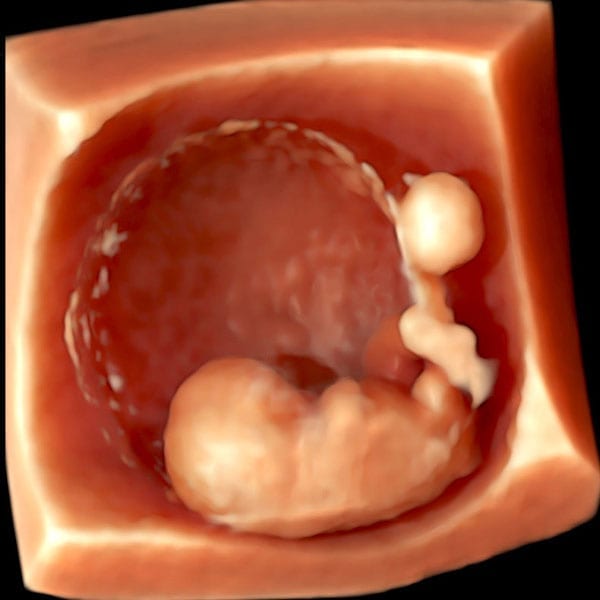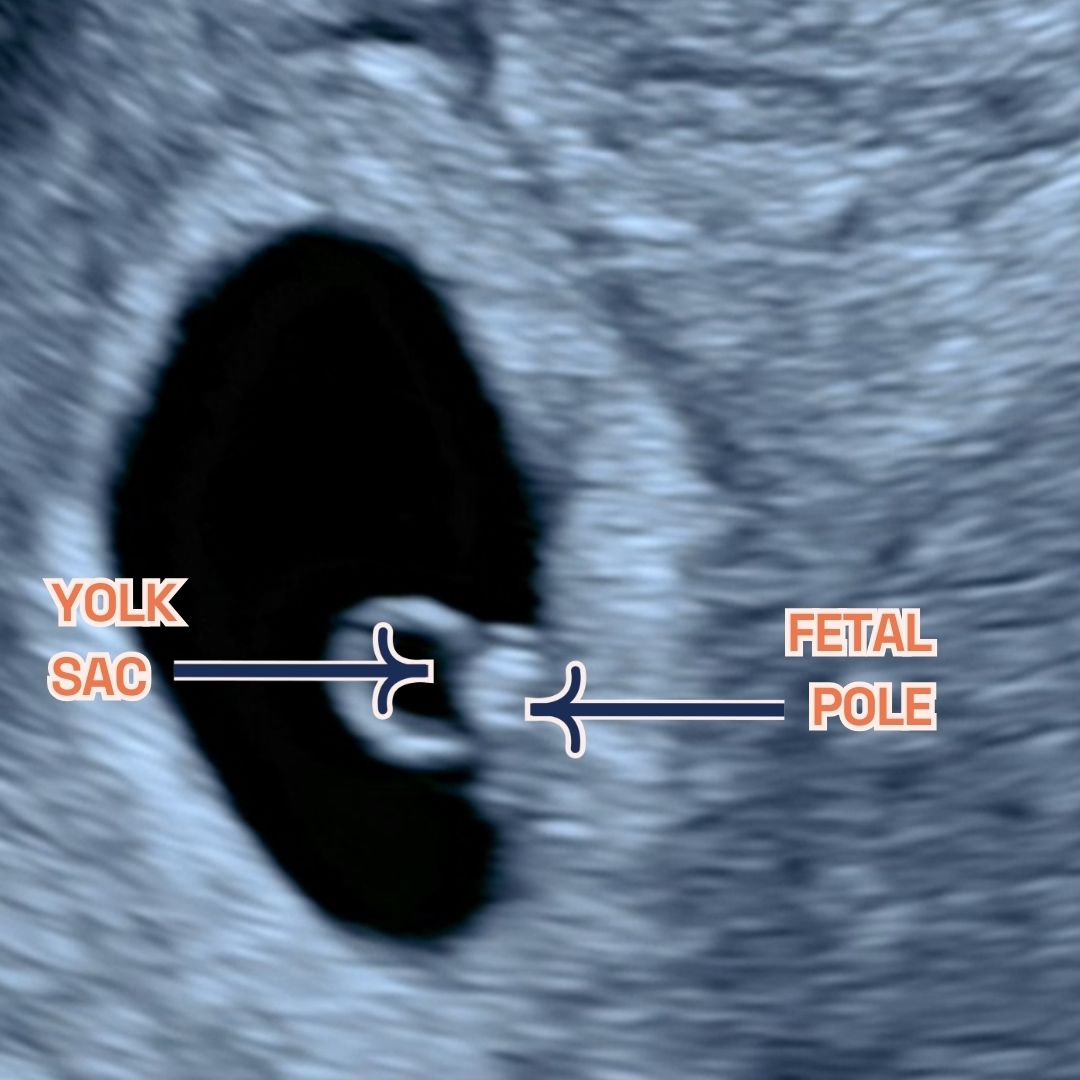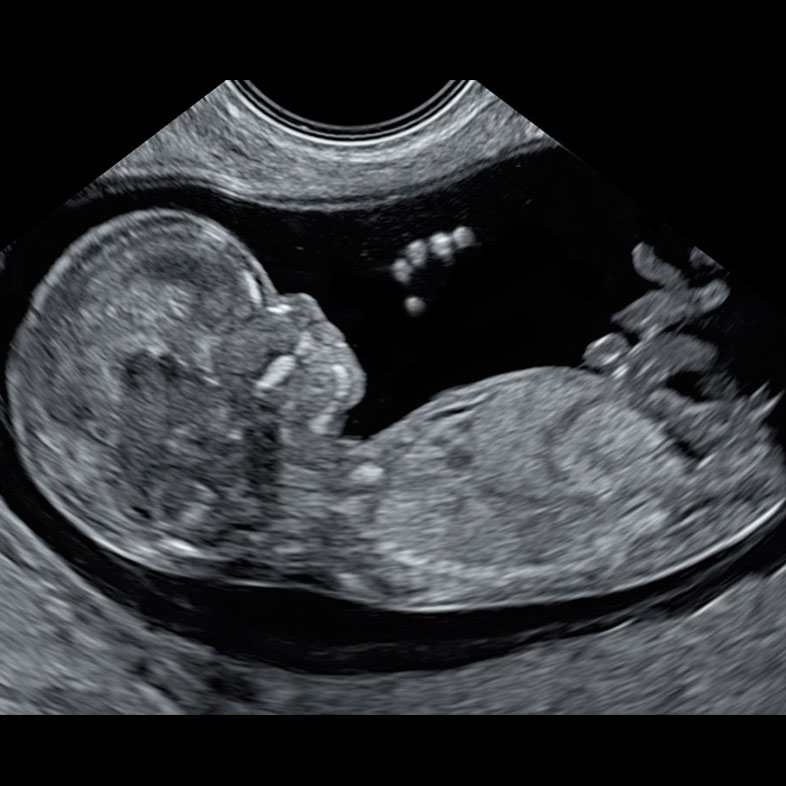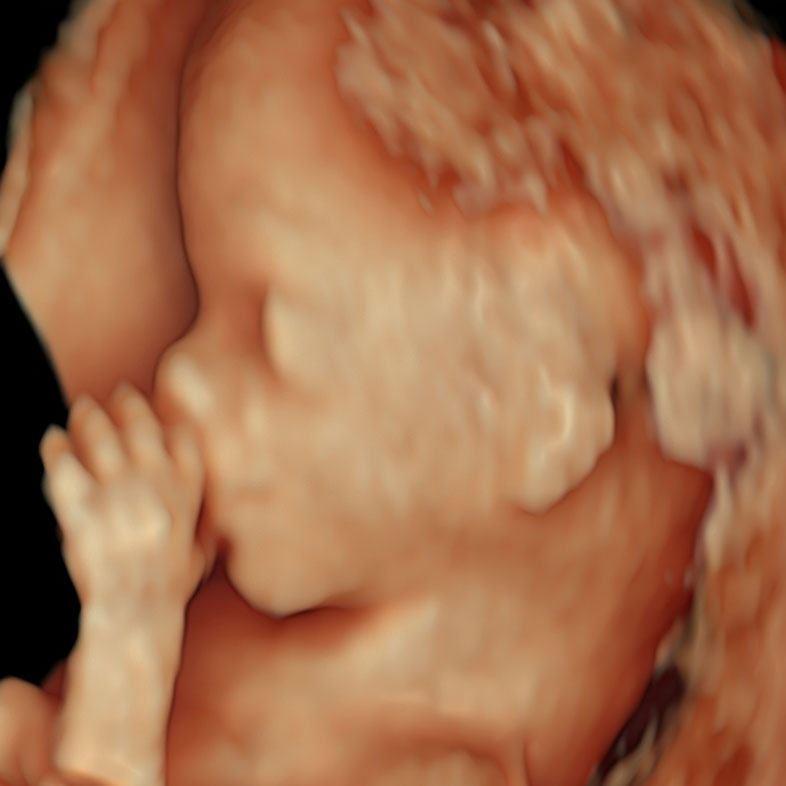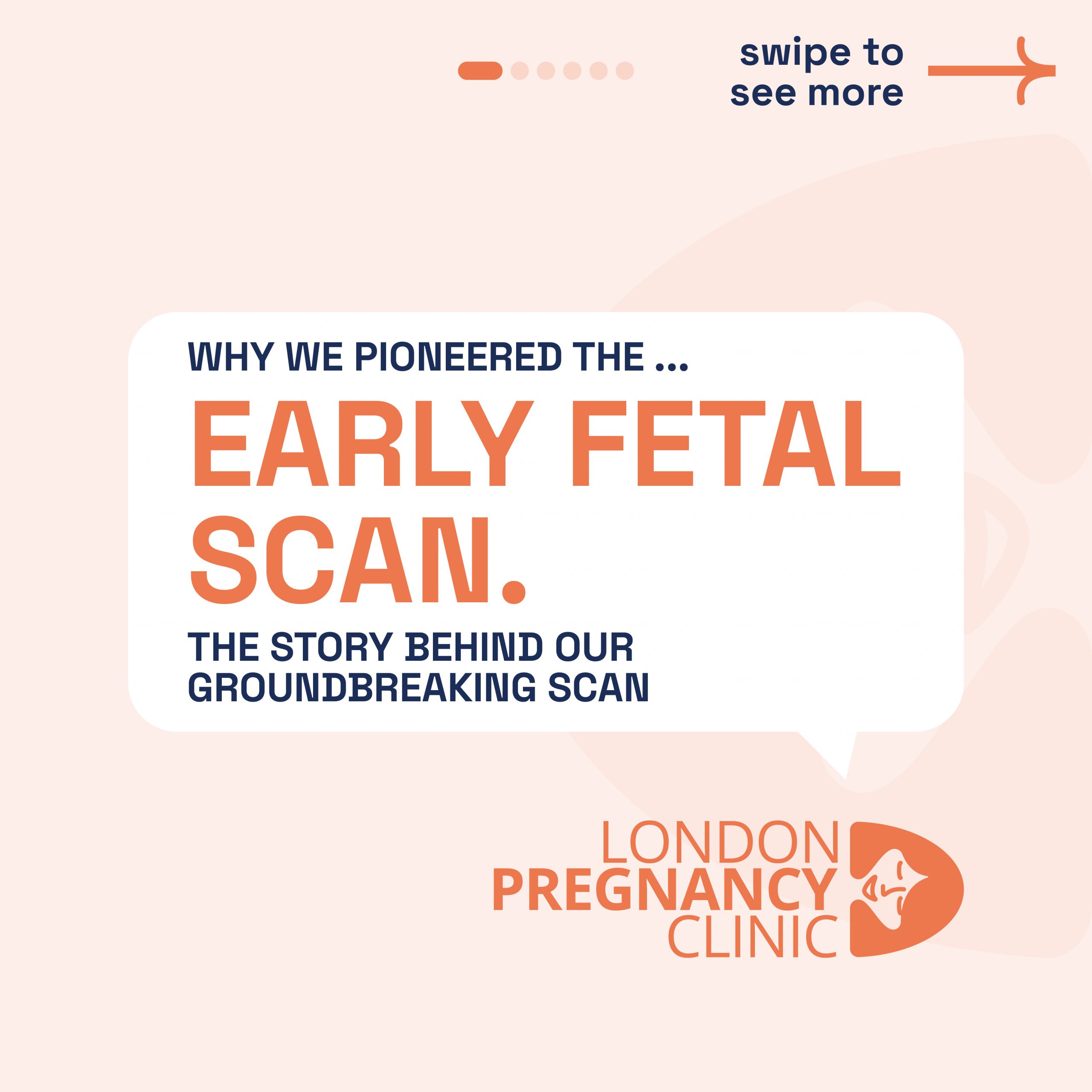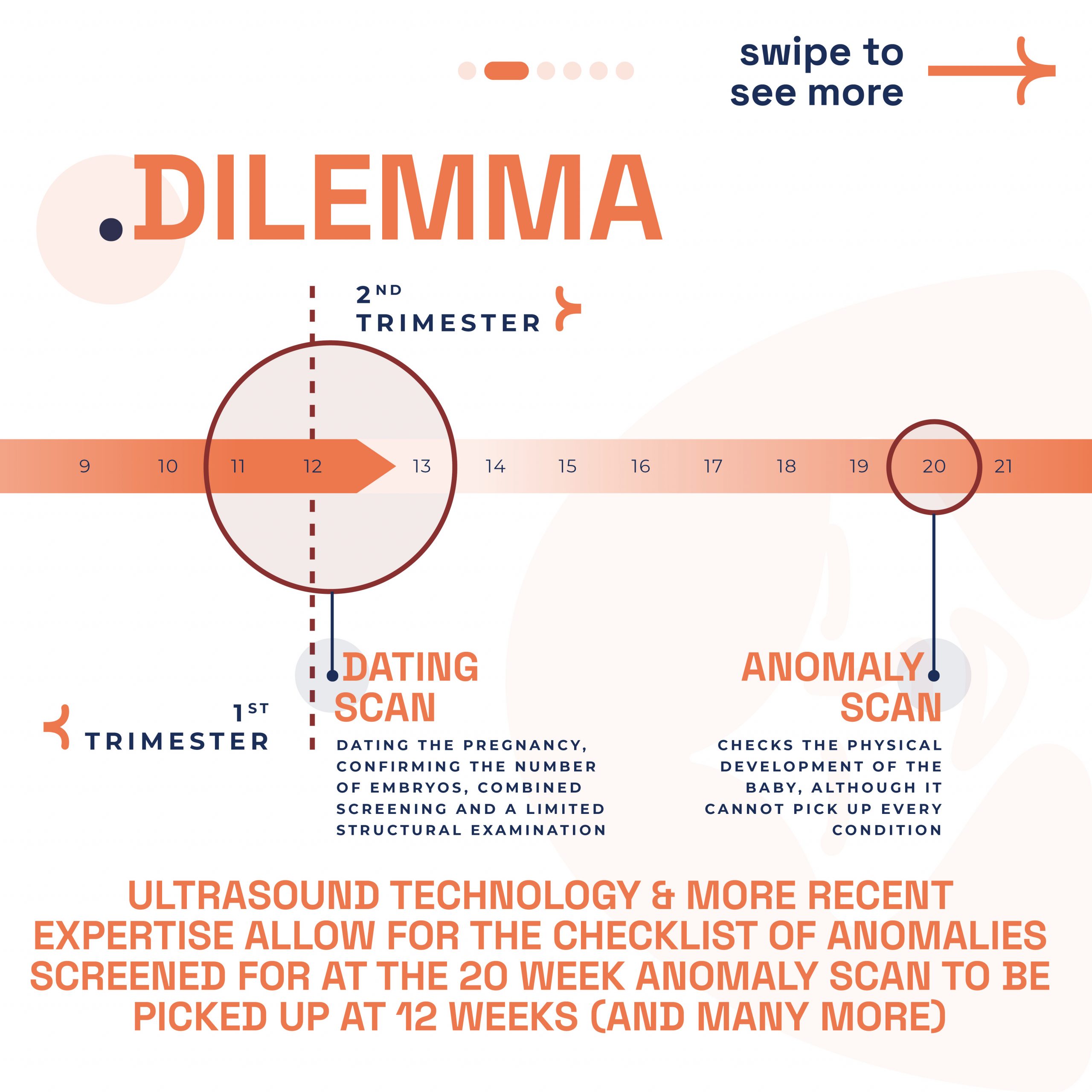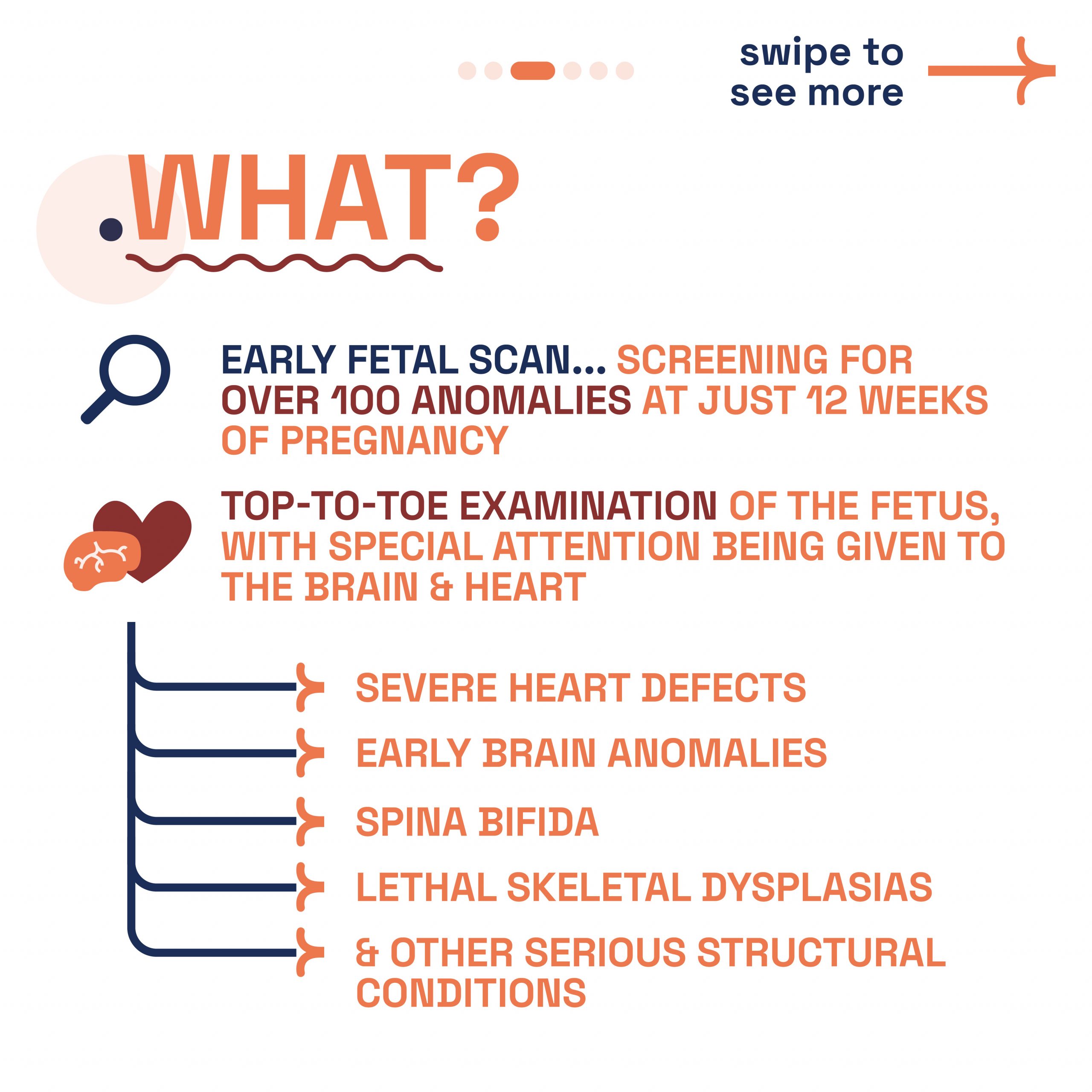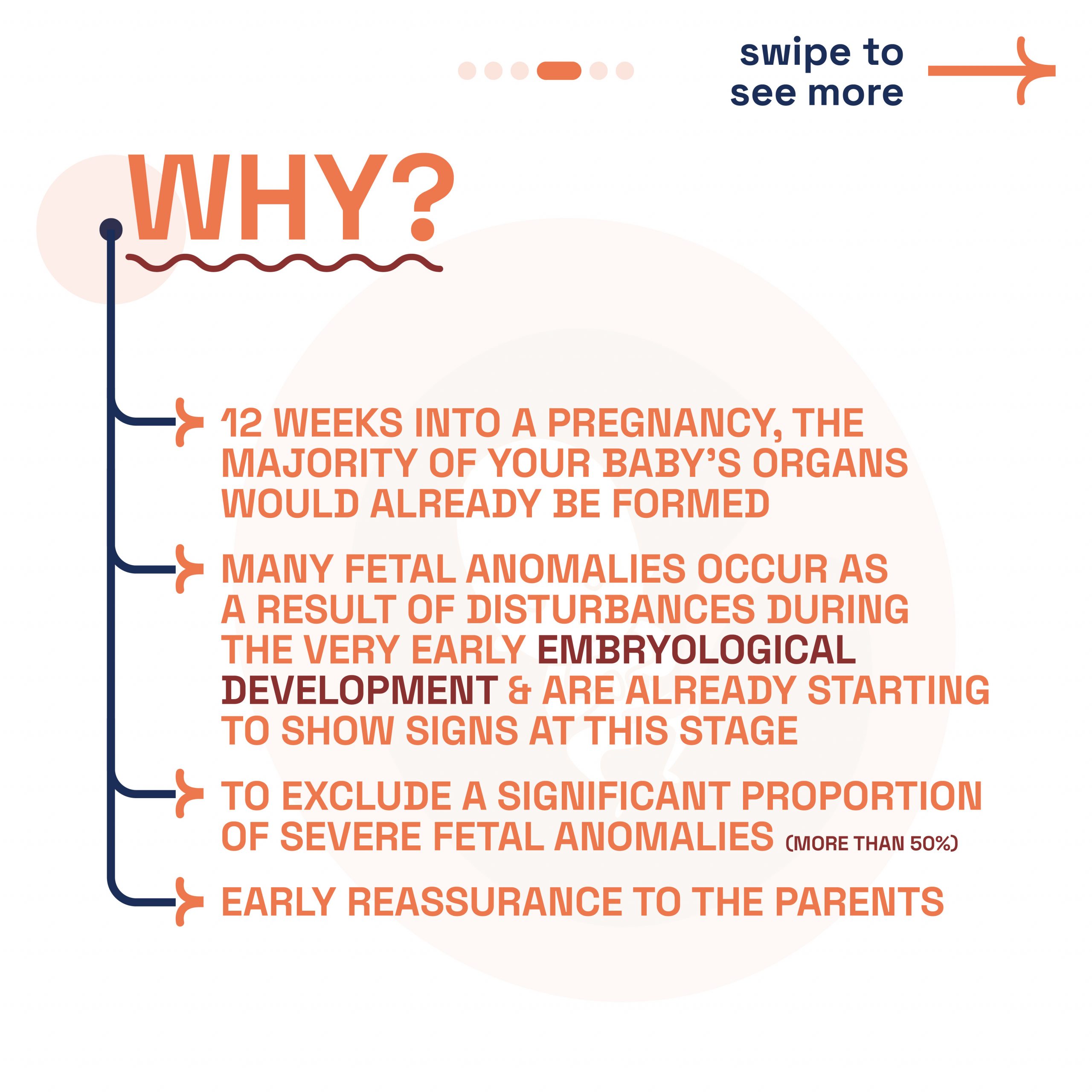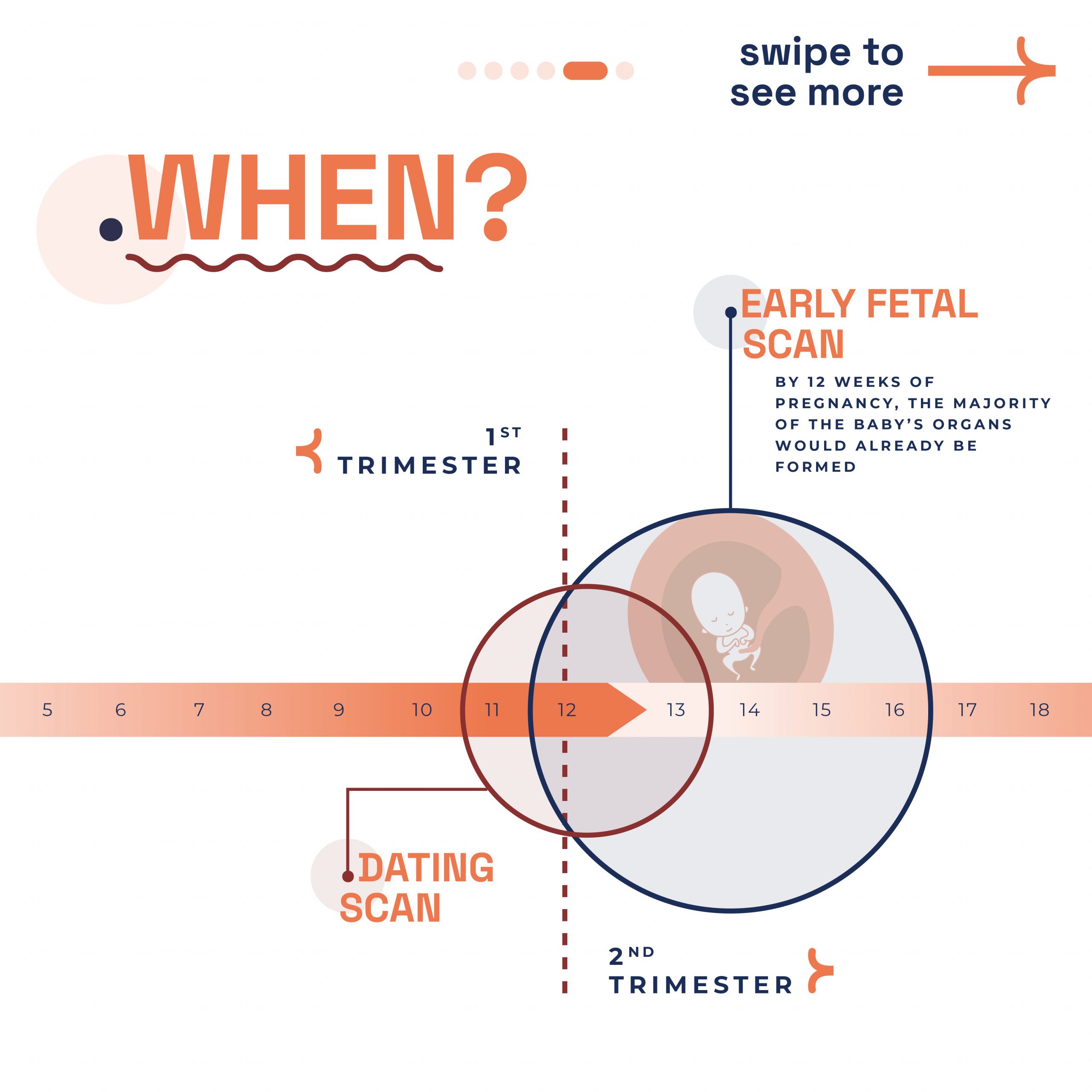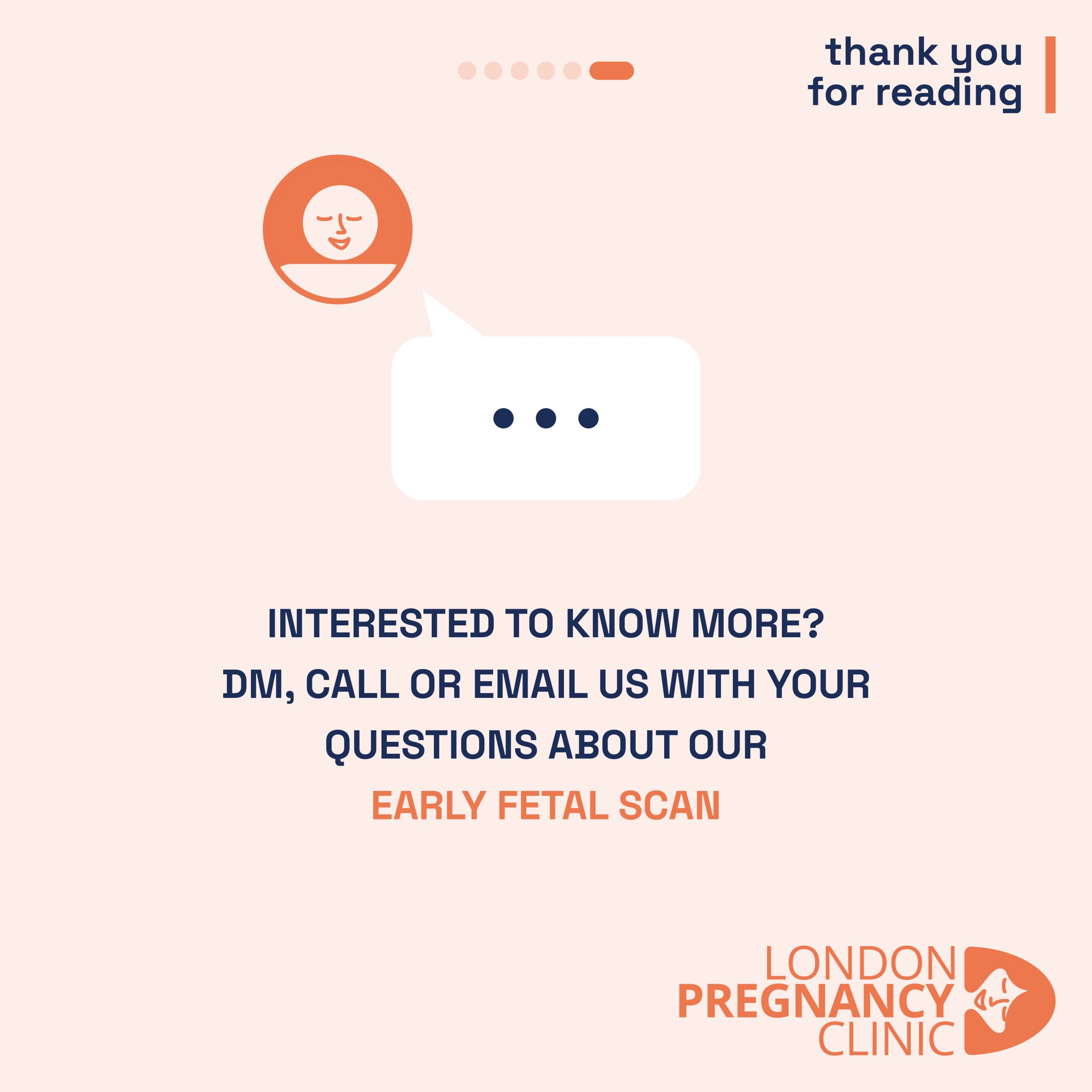Pre Eclampsia Awareness

Pre-Eclampsia Awareness Month
What is Pre-Eclampsia and innovations in the field?
-
Published
-
Last Modified
Tags
Pre-eclampsia is a serious hypertensive disorder affecting pregnant women, usually developing after 20 weeks of gestation or in the postpartum period. Characterised by high blood pressure, it can lead to severe complications if not managed properly. This blog raises pre-eclampsia awareness, including its symptoms, statistics, management strategies, and the services offered by the London Pregnancy Clinic.
LPC is joining the efforts to raise awareness about pre-eclampsia and support ongoing research to improve outcomes for mothers and babies worldwide. May is National Pre-Eclampsia Awareness Month, and we partner with the Pre-Eclampsia Foundation to ensure every mother knows the signs and symptoms of pre-eclampsia. Share the message and join the campaign to make a difference.
What is Pre-eclampsia
It is a condition characterised by persistent high blood pressure that arises during pregnancy or shortly after childbirth. It typically develops after the 20th week of pregnancy or within six weeks postpartum. This disorder can have significant implications for both the mother and the baby, making early detection and careful management crucial.
Statitstics
Hypertensive disorders of pregnancy (HDPs) affect 5-10% of all pregnancies worldwide, including conditions like pre-eclampsia, eclampsia, HELLP syndrome (haemolysis, elevated liver enzymes, low platelets), and gestational hypertension. These disorders are a leading cause of maternal and infant mortality globally. Annually, pre-eclampsia results in approximately 76,000 maternal deaths and 500,000 infant deaths worldwide.
The United States ranks 47th in the world for maternal mortality, with a rising rate unlike other industrialised nations. HDPs, including pre-eclampsia, are significant contributors to maternal and infant illness and death in the US. Black women face a disproportionately higher risk, experiencing severe maternal morbidity events at a rate 2.1 times greater than white women. Despite these grave statistics, about 60% of maternal deaths due to pre-eclampsia are preventable with proper medical care and timely intervention.
Symptoms
Recognising the symptoms of pre-eclampsia early can significantly improve outcomes. Common symptoms include:
- Severe headaches
- Swelling in the hands and face
- Visual disturbances
- Nausea and vomiting
- Stomach or abdominal pain
- Sudden weight gain
- Shortness of breath
If you experience any of these symptoms, it is crucial to seek medical attention immediately. Pre-eclampsia can escalate quickly, and early intervention is vital for the health of both the mother and the baby.
Pre-eclampsia Management
This conition requires careful management to ensure a healthy pregnancy outcome. The condition can develop from 20 weeks of pregnancy up to six weeks after childbirth. High blood pressure is typically controlled with antihypertensive medications. Additionally, maintaining a healthy lifestyle can help reduce the risk of developing pre-eclampsia. This includes:
- Regular prenatal check-ups
- Monitoring blood pressure regularly
- Eating a balanced diet rich in fruits, vegetables, and whole grains
- Engaging in regular physical activity
- Avoiding smoking and limiting alcohol consumption
Implementing easy-to-understand educational tools for patients about pre-eclampsia signs and symptoms is crucial. Screening for risk factors, considering aspirin use during the first trimester, and early hypertension control can also help decrease rates of pre-eclampsia. Hospitals should standardise care guidelines for managing hypertensive disorders of pregnancy to decrease maternal illness and death. Supporting perinatal quality collaboratives can help hospitals reduce early delivery and severe pregnancy complications.
It is essential to consult with a healthcare professional before making any lifestyle changes or starting new medications.
Raising Pre-eclampsia Awareness
The LPC is joining the efforts to raise awareness about pre-eclampsia and support ongoing research to improve outcomes for mothers and babies worldwide. May is National Pre-Eclampsia Awareness Month, and we partner with the Pre-Eclampsia Foundation to ensure every mother knows the signs and symptoms of pre-eclampsia. Share the message and join the campaign to make a difference.
If you need more information about pre-eclampsia, please visit the Pre-Eclampsia Foundation. Together, we can help prevent pre-eclampsia and ensure better health for future generations.
Pre-eclampsia Tests During Pregnancy
During pregnancy, your healthcare provider checks your blood pressure at each prenatal visit. This is essential to ensure it remains within a safe range. They also test your urine for protein, which indicates kidney health. If protein is found, you might need to collect urine over 24 hours to measure protein levels accurately.
Blood Pressure Monitoring
Your healthcare provider measures your blood pressure at every prenatal appointment. This should be done after you’ve been sitting comfortably for a few minutes. The cuff is placed on your upper bare arm at heart level. High blood pressure is traditionally defined as 140/90 or greater, measured on two separate occasions six hours apart. Severe high blood pressure (160/110 or greater) needs immediate treatment.
Urine Tests
At each prenatal appointment, you provide a urine sample. Healthy kidneys don’t allow significant protein into the urine. If protein is detected, further testing might be required. Your provider might ask you to collect all your urine in a jug for 24 hours to measure protein levels. Alternatively, a “spot check” compares protein to creatinine levels to gauge kidney health.
Blood Tests
These are crucial for diagnosing pre-eclampsia. They include a complete blood count (CBC) with platelet count and assessment of liver enzymes and creatinine levels. These tests provide a baseline for monitoring your health. If you show symptoms of severe pre-eclampsia, your provider will order additional blood tests.
Monitoring Your Baby
Your provider may schedule more frequent ultrasounds or non-stress tests (NST) to monitor your baby’s growth and blood flow through the umbilical cord and placenta. Continuous fetal monitoring might be necessary if symptoms appear rapidly.
Pre-eclampsia Tests Post Partum
Pre-eclampsia can develop up to six weeks postpartum. Symptoms include severe headache, vision changes, and difficulty breathing. It’s crucial to report these symptoms to your provider immediately. Blood pressure checks are recommended three and ten days after delivery to monitor any changes.
After Pregnancy
Post-pregnancy, additional tests might uncover underlying conditions contributing to pre-eclampsia. These include tests for autoimmune conditions, blood clotting disorders, and kidney function. Your healthcare provider will monitor your health and recommend necessary treatments.
Long-Term Care
Women with a history of pre-eclampsia are at higher risk of heart disease, stroke, diabetes, and chronic high blood pressure later in life. Annual monitoring of your weight, blood pressure, blood sugar, and cholesterol is crucial for maintaining long-term health.
Pre-eclampsia testing can seem overwhelming, but understanding these tests helps you stay informed and proactive about your health. Always discuss any concerns with your healthcare provider to ensure you receive the best possible care.
What We Offer for Pre-eclampsia
At LPC, we provide specialised care for pregnancies affected by pre-eclampsia. Our Consultant Obstetrician, Mr Daniel Stott, has extensive experience in managing pre-eclampsia and offers comprehensive post-natal care. He also runs a dedicated pre-eclampsia clinic at University College London Hospitals NHS Foundation Trust. Mr Stott has published extensively on hypertensive pregnancies and is committed to supporting mothers throughout their pregnancy journey.
Learn more about our private obstetric services on our dedicated page. We aim to provide personalised care and address any concerns you may have during or after pregnancy. We also offer private midwifery services to help you deal with pre-eclampsia:
- Monitoring: Midwives closely monitor pregnant women and their fetuses for signs of pre-eclampsia during routine antenatal appointments by checking blood pressure and urine samples. Midwives also act on signs of deterioration.
- Advising: Midwives advise women and their partners without frightening them, and interpret doctor’s information when necessary.
- Other responsibilities: Midwives may arrange a visit to the special care baby unit if appropriate, and provide continuity of midwifery care.
Final Thoughts
Pre-eclampsia is a significant concern in maternal health, but with early detection and proper management, most pregnancies can have positive outcomes. The LPC is dedicated to providing expert care and support for expectant mothers dealing with pre-eclampsia. We encourage you to reach out to us for more information or to schedule a consultation.
If you need more information about pre-eclampsia, please visit the Pre-Eclampsia Foundation. Together, we can help prevent pre-eclampsia and ensure better health for future generations.







